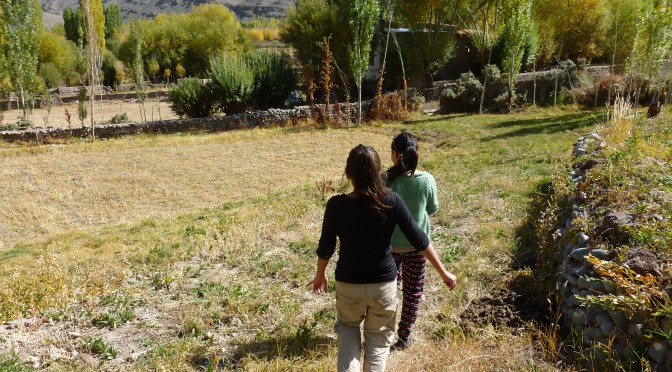The Association for Anthropology and Gerontology working together with the Anthropology of Aging and the Life Course Interest Group (AALCIG) and ACYIG have now established a joint Collaborative Research Network (CRN) for those interested in exploring connections (e.g., physical, political, developmental, symbolic, etc.) between childhood/youth and adulthood/old age.
The group has several potential project in mind (for those of you who like a few outputs to go with your intellectual exchange), including a blog share, a conference, organizing panels for other conferences, sharing teaching resources like syllabi, and developing opportunities for publishing and collaborative research projects.
The central communication hub for plotting and schemeing will be our CRN_Lifecourse listserv. If you are interested in joining, please visit and complete the registration form. https://lists.capalon.com/lists/listinfo/acyig_lifecourse
CRN_Lifecourse is interested in strengthening the intellectual exchange among scholars whose primary research focus has been on one stage of the life course but who are interested in inter-generational relationships, longitudinal studies, autobiographies, life course transitions, and the category of age itself in ways that require broader conceptual frameworks. At the moment, funding, publication, teaching curriculums, and the sections and subgroups of professional groups reinforce and naturalize divisions between scholars interested in the life course. Ages end up like fieldsites, where the anthropologist is encouraged, for example, to specialize on the internal workings of a single village, rather than looking at a the larger area of settlements with which it shares relationships and ecological context. In contrast, the CRN_Lifecourse encourages the development of concepts that problematize terms like ‘stages of life,’ ‘generations,’ and ‘age,’ and encourages the proliferation of specific methods and strategies to help us better conduct life-course research. Finally, the membership of CRN_Lifecourse will critically engage with the ways old age and youth are sometimes pitted against each other (e.g., in competition for humanitarian aid or organ transplants), while at other times, they are lumped together (e.g., as unproductive, naive, care-dependent, vulnerable, or sacred). We hope to examine how such connections impact the ways societies evaluate the life course.
If you have questions (especially technical ones best handled off the listserv) contact Jason Danely (jdanely@brookes.ac.uk).

